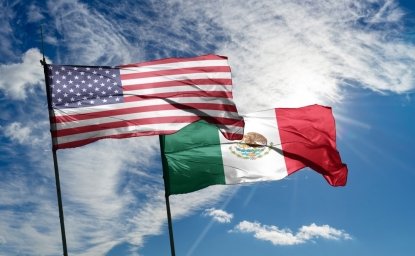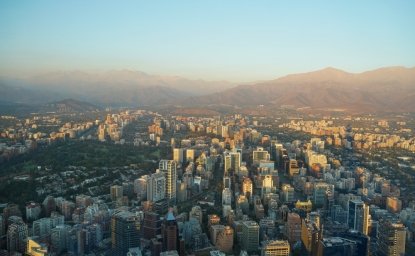Mauricio Macri's stunning electoral victory in Argentina on Sunday has rightly been characterized as historic. He surged from behind in October to deny a first-round victory to Daniel Scioli, the Peronist candidate whom many presumed would be Argentina's next president. The electoral process itself showed a maturation of Argentina's democratic process. Not only was there a second round for the first time in the country's history, the candidates held unprecedented presidential debates in which their contrasting ideas and political styles could be judged by the average voter. The televised debate between Macri and Scioli a week before last Sunday's vote attracted more viewers than the World Cup final-an astounding factoid in a soccer-crazed country but testimony to the high stakes as twelve years of kirchnerismo come to an end.
Macri's political and economic challenges are enormous. His margin of victory was a scant 2.8 percent, not the six- or seven-point spread predicted by major pollsters, reflecting the ongoing, deep cleavages in Argentine politics. And while Macri and his allies control the national government and the city and province of Buenos Aires, the incoming Senate is dominated by Scioli's Front for Victory, which also controls a plurality of seats in the Chamber of Deputies. The composition of congress will shape the terms of any future compromise with the so-called "holdouts"-bondholders who refused to accept the terms of a payout following Argentina's 2001 default. This is because of a 2005 law intended originally to force creditors to accept the government's initial settlement terms.
The Argentine economy is not alone in suffering the effects of decreased commodity prices for principal exports (soy and soy products) linked to a slow-down in China, Argentina's largest trading partner and principal source of finance. Few countries, though, match Argentina's extent of manipulation of basic economic data concerning inflation, the size of the fiscal deficit, the amount of dollar reserves, and GDP growth. In light of the bitter memories of the 2001 crisis, Macri took pains during the campaign to avoid the term "adjustment," speaking instead of policies to foster growth. But this pledge may clash headlong with indicators that are probably far worse than the current government reports. One the one hand, it may be possible to eliminate across-the-board electricity, gas, and transportation subsidies and still direct them to those most in need. On the other hand, lifting capital controls, as Macri promised repeatedly, while avoiding a dramatic devaluation of the peso may be next to impossible. One can almost hear Daniel Scioli and his allies waiting in the wings to say, "I told you so." We have not seen the last of Argentina's governability crisis.







